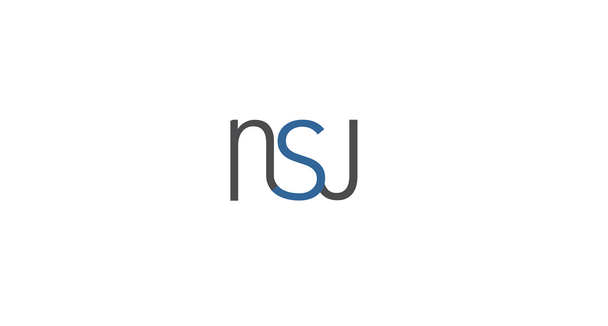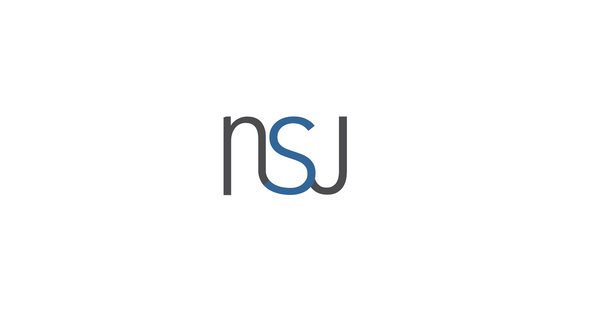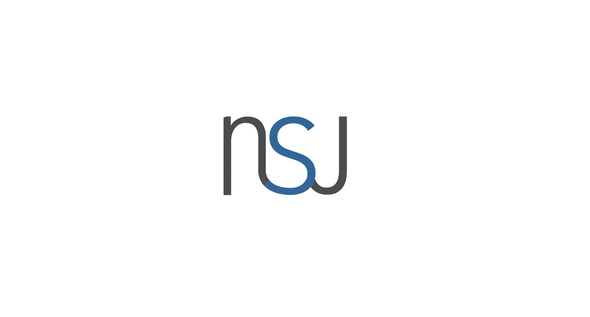Description
SYK Antibody / Spleen tyrosine kinase | F54945-0.08ML | Gentaur US, UK & Europe Disrtribition
Family: Primary antibody
Formulation: In 1X PBS, pH 7.4, with 0.09% sodium azide
Format: Purified
Clone: N/A
Host Animal: Rabbit
Clonality: Polyclonal (rabbit origin)
Species Reactivity: Human, Mouse
Application: WB, IHC-P
Buffer: N/A
Limitation: This Spleen tyrosine kinase antibody is available for research use only.
Purity: Purified
Description: Protein kinases are enzymes that transfer a phosphate group from a phosphate donor, generally the g phosphate of ATP, onto an acceptor amino acid in a substrate protein. By this basic mechanism, protein kinases mediate most of the signal transduction in eukaryotic cells, regulating cellular metabolism, transcription, cell cycle progression, cytoskeletal rearrangement and cell movement, apoptosis, and differentiation. With more than 500 gene products, the protein kinase family is one of the largest families of proteins in eukaryotes. The family has been classified in 8 major groups based on sequence comparison of their tyrosine (PTK) or serine/threonine (STK) kinase catalytic domains. The STE group (homologs of yeast Sterile 7, 11, 20 kinases) consists of 50 kinases related to the mitogen-activated protein kinase (MAPK) cascade families (Ste7/MAP2K, Ste11/MAP3K, and Ste20/MAP4K). MAP kinase cascades, consisting of a MAPK and one or more upstream regulatory kinases (MAPKKs) have been best characterized in the yeast pheromone response pathway. Pheromones bind to Ste cell surface receptors and activate yeast MAPK pathway. The tyrosine kinase (TK) group is mainly involved in the regulation of cell-cell interactions such as differentiation, adhesion, motility and death. There are currently about 90 TK genes sequenced, 58 are of receptor protein TK (e.g. EGFR, EPH, FGFR, PDGFR, TRK, and VEGFR families), and 32 of cytosolic TK (e.g. ABL, FAK, JAK, and SRC families).
Immunogen: A portion of amino acids 387-417 from the human protein was used as the immunogen for the Spleen tyrosine kinase antibody.
Storage: Aliquot the Spleen tyrosine kinase antibody and store frozen at -20 °C or colder. Avoid repeated freeze-thaw cycles.






